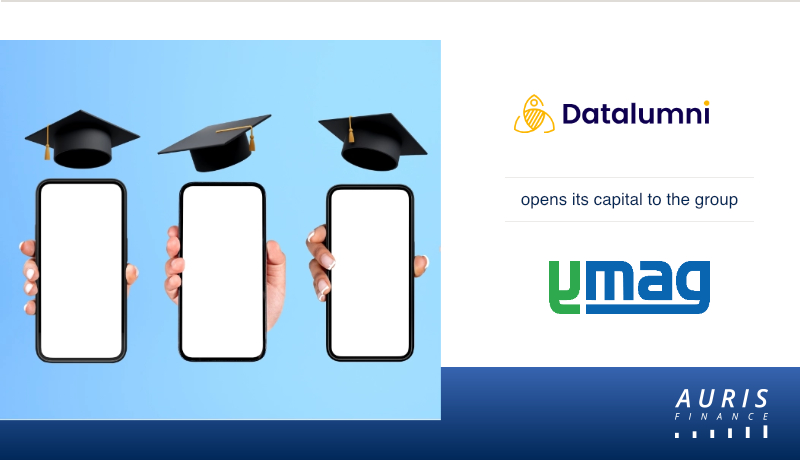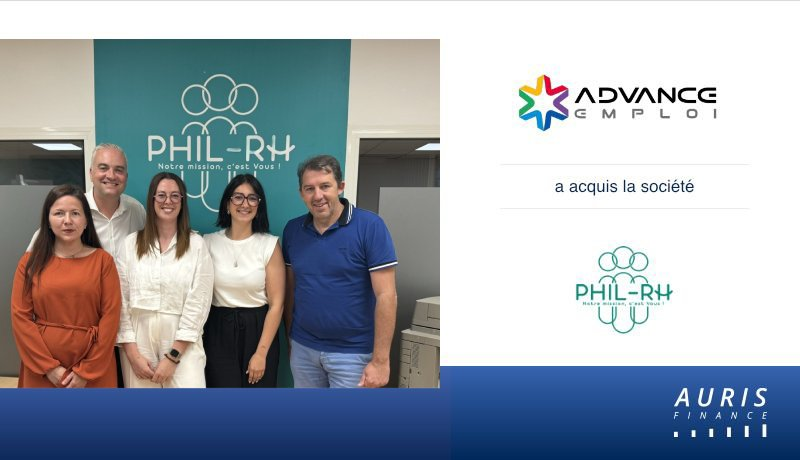

The development of augmented reality learning tools has given new impetus to the teaching of ‘trade skills’. How is professional training incorporating these new technologies and what are the business implications? The experts at AURIS Finance, a consultancy specialising in mergers and acquisitions, take a closer look.
“Learning to work, like learning to drive” is the gist of an article published in the Harvard Business Review (HBR) France, which looks at new training methods in industry. It seems that the transmission of professional skills takes place through the joint implementation of two actions: ‘understanding’ and ‘doing’. For understanding, tutorials and online training modules are used to explain procedures in detail. However, practice – i.e. ‘doing’ – remains essential to the learning process. Only the combination of these two practices can reduce the gap between prescribed work and real work.
New requirements
With increasingly short product lifecycles and consumer demands for greater customisation, industrial companies have to constantly review their processes in order to remain competitive. Professional gestures require a common set of skills, explains HBR. However, this foundation needs to be completed and adapted to the needs of production. Until now, manufacturers have opted for immersive training courses, enabling their employees to develop their skills. Now, augmented reality offers a great deal of flexibility for companies that want to take advantage of it.
France falls behind
In practice, this means putting the operator in a real-life situation with the help of training goggles. They combine ‘understanding’ with ‘doing’. Another major advantage is that the programmes can be modified at will, but still require software skills. The leading companies developing these glasses are currently Big Tech ones, with Microsoft’s HoloLens2 and Facebook’s MetaQuest. In France, professional training organisations are beginning to adopt this technology. Leading companies in France include Jungle VR and Innoteo, which is developing immersive industrial maintenance training solutions supported by the Microsoft ecosystem. However, few professional organisations are using augmented reality tools to help companies improve the skills of their employees. For now, the use of AR is often limited to issues related to workplace quality of life. Technical training in specific skills is still mainly done on the job.
Re-industrialisation and new requirements
Since the covid health crisis, the reindustrialisation of France has been presented as a matter of national sovereignty. The government’s plan has a budget of €100 billion. Accelerating industrial projects will not be possible without maintaining know-how. Training organisations that can offer innovative, flexible and easy-to-implement technologies will undoubtedly come out on top. In order to equip themselves with these new technologies, new partnerships will be formed between industry players. At AURIS Finance, our experts are specialised by sector. Our technology and professional training specialists will assist you throughout your M&A operation. Whether you are looking for a buyer or a new target, we are at your side.


